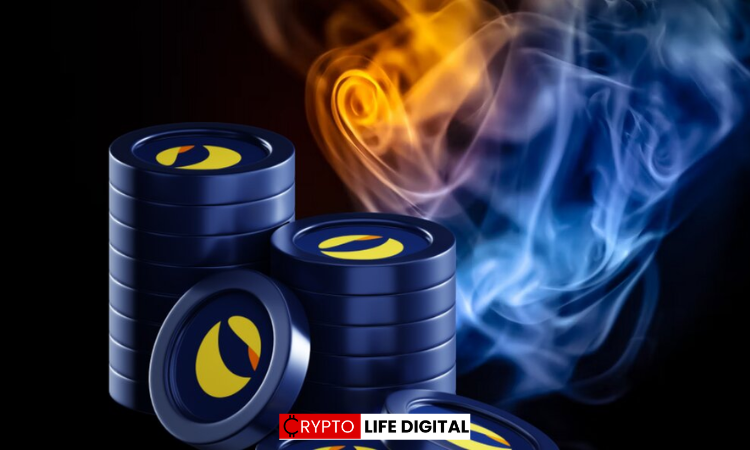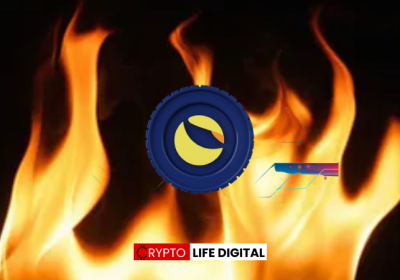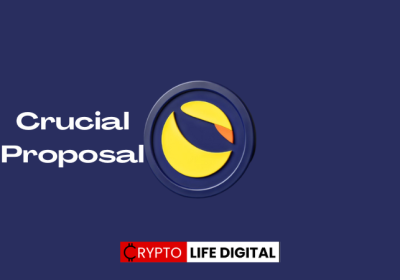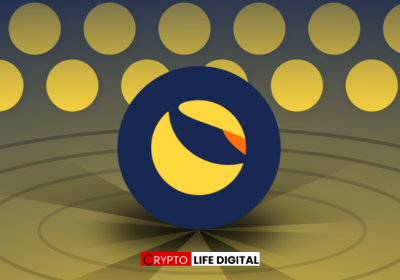LUNC Blockchain Community Faces Controversy Over Complex Burn Tax Code

In a recent turn of events, the blockchain community finds itself embroiled in a heated debate over implementing a new and complex burn tax code. The proposal, put forth by an undisclosed party, has raised significant concerns regarding its potential impact on the ability of the blockchain to attract and accommodate decentralized applications (dApps). Leading the charge against this controversial proposal is Lunanauts, a prominent validator, who tweeted out their strong dissent, highlighting the potential consequences of this intricate tax code on the blockchain ecosystem.
Read Also: LUNC Community Shows Enthusiasm for Reinstating 1.2% Tax as Deposits Surge
Decentralized applications (dApps) have become a fundamental element of the blockchain landscape, contributing to the ecosystem’s functionality and overall success. The burn tax code in question, due to its intricacy, is perceived as a significant impediment for dApp developers considering migrating their applications to this particular blockchain. The reasons behind these concerns range from intricate technical requirements, and convoluted processes, to extensive modifications that dApp developers would need to undertake, making the integration a potentially time-consuming and resource-intensive endeavor.
Terra Classic community reacts to the restating of the Tax burn parameter
The repercussions of this issue extend beyond the immediate impact of the burn tax code, touching upon the core principles of accessibility and developer-friendliness within the blockchain platform. If migrating to this blockchain becomes more cumbersome and technically challenging compared to other alternatives, dApp developers may explore alternative blockchains that offer a smoother and more straightforward integration process.
Read Also: Shiba Inu (SHIB) Burn Rate Skyrockets, Fueling Enthusiasm and Speculation in the Community
Lunanauts, in their tweet, expresses their strong opposition to the proposal with a potential veto. Their stance is firmly rooted in the belief that such a complex burn tax code has the potential to deter potential app developers. Ultimately, this could limit the growth and adoption of the blockchain, which, in the long run, might prove detrimental to the overall success of the ecosystem.
This controversy highlights the ongoing tension in the blockchain community between maintaining a developer-friendly environment and implementing necessary changes. Striking a balance between these two priorities is essential for ensuring the long-term success of the blockchain and preventing any unnecessary complexities or obstacles that could hinder dApp migration and integration.
As the debate rages on, the blockchain community awaits further developments, as stakeholders and validators weigh the pros and cons of the proposed burn tax code, keeping a keen eye on the potential impacts on the future of the ecosystem. The outcome of this controversy may well shape the trajectory of the blockchain and its ability to continue attracting and accommodating dApps.
Follow us on Twitter, Facebook, Telegram, and Google News

Dr. Olajide Samuel juggles the demands of medical studies with a passion for cryptocurrency. A seasoned blogger, Olajide shares his vast global knowledge of the crypto space, offering insights to enthusiasts. Despite his busy schedule, his commitment to crypto remains strong, and he actively seeks ways to contribute to its future.








